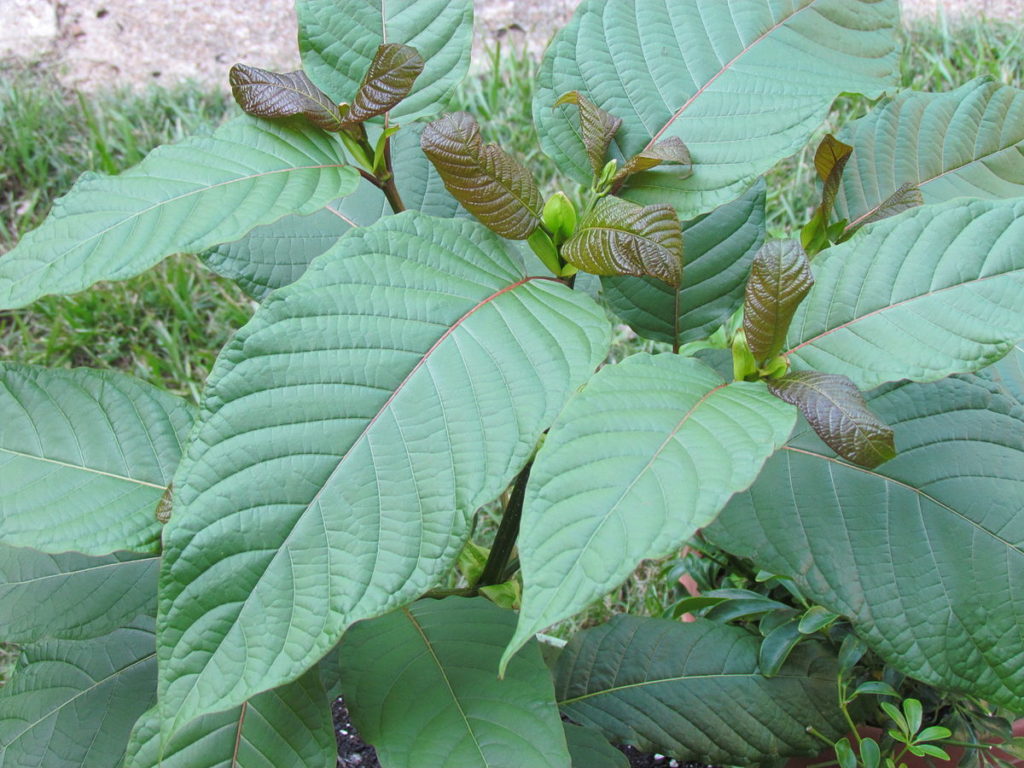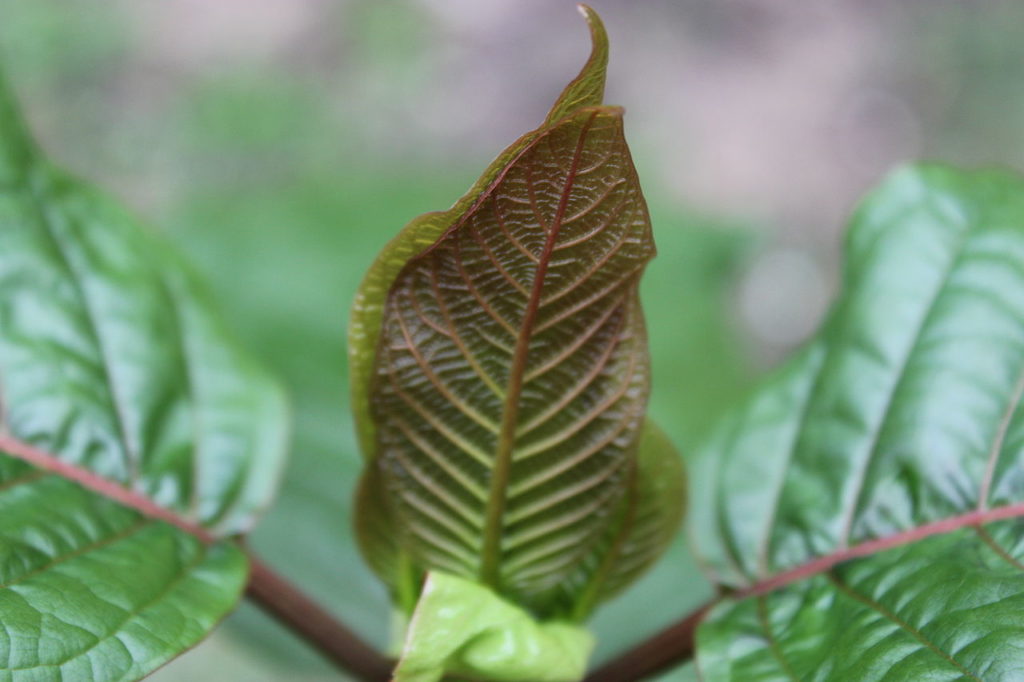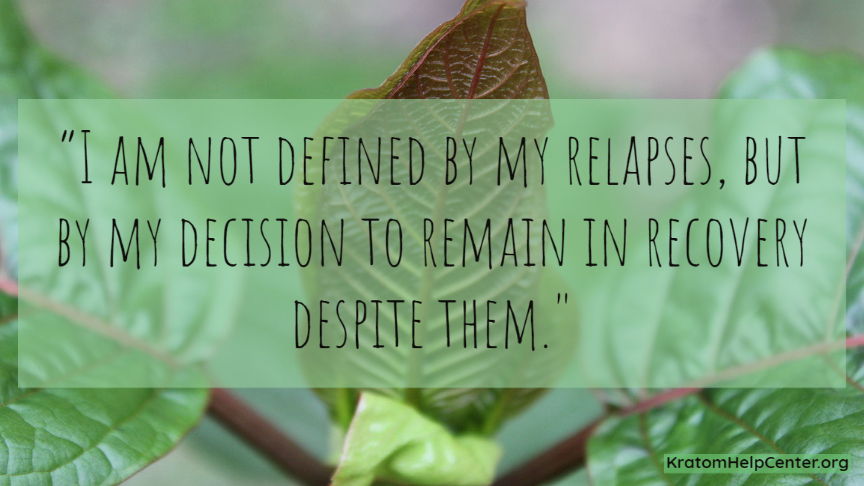Any addiction is a disease. Unfortunately, we see opioid addiction everywhere. Certain pain medications (for example, Dilaudid, morphine, Oxycontin, and Vicodin) have produced disastrous consequences for patients. You may have used these medicines in your lifetime after an injury, or surgery, and then stopped using them. Opioid pain medications are not commonly prescribed for long-term chronic pain treatment and when they are, it is under close supervision from the doctor because of their strength, and possible addiction. For this reason, people have looked to kratom as a natural and safer opioid withdrawal treatment.
Table of Contents
What is Opioid Addiction?
Addiction to opioids happens when the brain switches to an addictive mode. When overused, opioids can eventually cause our brain to have an intense urge, or longing for the medication. This continues long after the opioid is no longer needed for pain. When people recognize their addiction, they often try to quit, with poor results. Then, opiate withdrawal occurs, and treatment is absolutely necessary. Read below to find out. As always, read our disclaimer first.
Opioid Addiction and Withdrawal Symptoms
Before withdrawal, there was an addiction. If you or someone you know uses opioid pain medication, and cannot seem to stop, consider if they are showing some of these symptoms. Recovery will never happen without acknowledging that the addiction has occurred. Possible symptoms include moodiness, with up and down swings, slow or shallow breathing, unusual sleepiness, slurred speech, becoming easily agitated, nauseous, a euphoric feeling, inability to make decisions, hiding from responsibility, no longer motivated, anxiety, often constipated, and depressed. Please contact your doctor and seek help if you experience these addiction symptoms during opioid use.
Once a person acknowledges his or her addiction and discontinues drug use, withdrawal symptoms may set in. Withdrawal symptoms from opioid addiction may include, sleepiness, aching muscles, watery eyes, anxiety, sweating, and a feeling of restlessness. With proper treatment, these side effects will begin to disappear.
If you know, or wonder if you are an opioid addict, you may feel you can just handle it on your own. If the addict is not you, but you care for someone who you suspect has developed this addiction, you may think they can just stop. It is natural to wonder, with your help and support, why don’t they just stop taking the pain medication? Why can’t they quit? It sounds like a simple solution. As with any addiction, opioid addiction is just that… an addiction. The brain has shifted into a new gear that wasn’t there before. It now tells the addict’s body that they need the opioid medication. Simply stopping is extremely difficult. Opioid withdrawal treatment is needed.
Opioid Withdrawal Treatment
Possible treatments for opioid addiction include therapy through a professional counselor, trained in addictive behaviors. You can also go to a treatment center for addiction. You can temporarily stay there while they treat you with prescription medications to use while withdrawing from opioids. This addiction to pain medication is sometimes treated with more medication, which may seem odd. One natural method which may possibly assist in relieving opioid withdrawal symptoms, is kratom. However, make sure you are only using it under the advice of your primary care physician.
What is Kratom?
In our modern world, we have access to more information than ever. Many people want healthier, more natural options in their lives, not only in the way they eat, but also in the way they treat health issues. Within that access to information, Kratom has been discovered as a possible aid in relieving opioid addiction symptoms. Its leaves have long been used for medicinal and recreational purposes in southeast Asia.

Kratom is a tree which grows in Papua New Guinea, Thailand, Malaysia, and Indonesia. People often smoke, chew, or boil kratom leaves into a hot tea. The leaves are said to often create a relaxing state, or the opposite, an energetic state. Some medical professionals believe the leaves from the Kratom tree could be helpful. They say that it may help with overcoming opioid withdrawal due to its interaction with opioid receptors. Users have also reported positive results. They say that kratom helped them to get off of opioids, because it reduced their pain. Prior to their kratom use, they relieved this pain by harmful opioid. Now, kratom supplements their healthier lifestyles, to allow them to focus on fighting the addiction.
Save Money on Opioid Withdrawal Treatment with Kratom
Kratom could also be a possible less expensive form of treatment, compared to more common options. Many people simply cannot afford treatment. When seeking a more natural way to fight addiction, we have to always consider the pros and cons of any type of treatment. The FDA has not approved many herbs or other natural remedies like kratom. With this in mind, always consult a physician before you try a holistic remedy. Furthermore, it is not legal in all 50 states. So, verify that you are not breaking any local laws before you purchase this supplement. There are online stores in which you can see the different options for purchasing. Kratom can be purchased in many forms, such as a powder, pill, or tea. Many people recommend Red Indo Powder and the Enhanced Red Relief Blend.

Kratom users claim to find the herb helpful in other areas, such as when they are considering questions like, “how to increase my focus?” or “how to improve my sex drive?”. Some say it can help stop diarrhea, and possibly relieve anxiety. As with all medical conditions, please consult your physician first.
Seek Help for Chronic Pain Treatment
When you seek opioid withdrawal treatment, talk to a medical professional about your options. They can guide you in the right direction for full recovery. It is also helpful to find some support in family and friends. Treatment often includes sharing with others who have been through opioid addiction. With this in mind, know that you aren’t alone on this tough journey. Do what works for you, whether it is a common, modern practice, or an ancient, natural remedy. Work together with your physician, counselor, and loved ones, in making this important decision. Remember that although many natural options are safe, some are not. When possible, they may be a healthy, less expensive alternative to modern medicine. Or, you can take natural supplements like kratom in conjunction with various forms of therapy and self-care.
The Takeaway on Using Kratom for Opiate Withdrawal
Admitting there is an addiction is the first step in opioid addiction treatment. Researching your options, and seeking help and advice from medical professionals, is the next critical step. Opioid withdrawal treatment has many options, and you are not alone. The road to recovery is possible, when you truly want it. Take charge of your own health, by educating yourself, and understanding what will work for you. If kratom is part of that solution, then be responsible and do your research.

